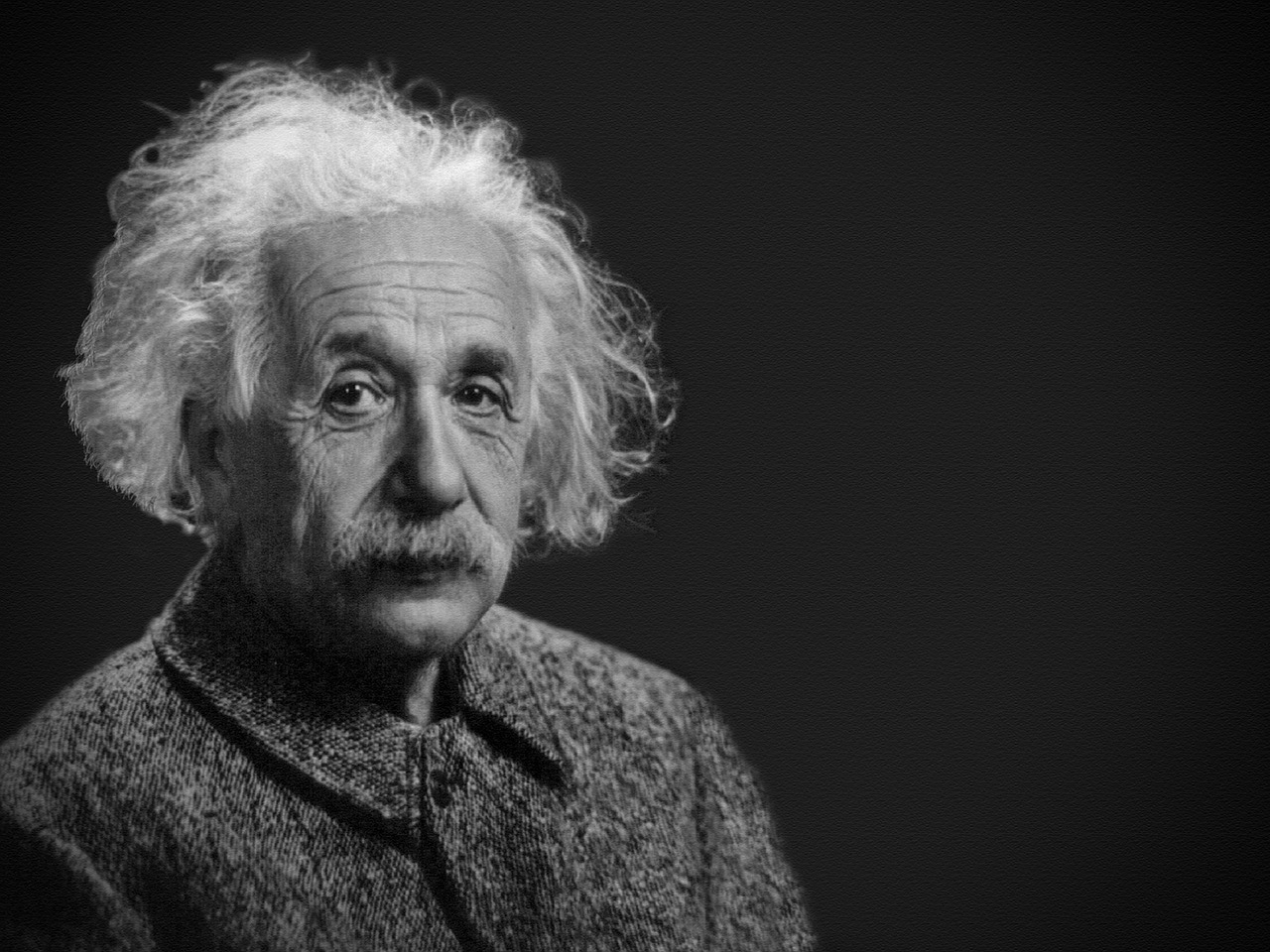Albert Einstein: The Life and Legacy of a Genius Physicist – Albert Einstein is a name that is synonymous with genius. He is widely considered to be one of the most influential scientists of the 20th century, if not of all time. His work revolutionized our understanding of the universe and paved the way for modern physics. In this article, we will take a closer look at the life and legacy of this remarkable man.
Early Life and Education
Albert Einstein was born on March 14, 1879, in Ulm, Germany. His parents, Hermann and Pauline Einstein, were secular Jews. Einstein’s father was an engineer, and the family moved frequently during Albert’s childhood. In 1894, Einstein’s family moved to Italy, where he completed his secondary education. He then moved to Switzerland and enrolled in the Swiss Federal Institute of Technology in Zurich. Einstein graduated in 1900 with a diploma in mathematics and physics.
The Miracle Year
In 1905, Einstein published a series of groundbreaking papers that would become known as his “annus mirabilis” or “miracle year.” These papers revolutionized physics and laid the groundwork for much of modern physics. The papers included his theory of special relativity, which dealt with the relationship between space and time, as well as his famous equation E=mc², which explained the relationship between mass and energy.
Later Career and Contributions
After the miracle year, Einstein continued to make important contributions to the field of physics. In 1915, he published his theory of general relativity, which extended the principles of special relativity to include gravity. This theory revolutionized our understanding of gravity and led to the development of new technologies, such as GPS. Einstein also made important contributions to the study of quantum mechanics, including the development of the theory of wave-particle duality.
Einstein’s Political and Social Activism
Einstein was not just a physicist; he was also a committed pacifist and social activist. He was a vocal opponent of war and worked tirelessly to promote peace. He was a member of the International Committee on Intellectual Cooperation and was instrumental in the establishment of the Hebrew University of Jerusalem. He also spoke out against racism and was a strong advocate for civil rights.
Einstein’s Legacy
Einstein’s legacy is profound and far-reaching. His work revolutionized our understanding of the universe and paved the way for modern physics. His ideas continue to influence scientific research and technological development today. His commitment to pacifism and social justice also inspired generations of activists and continues to be an inspiration to this day.
Personal Life and Relationships
Einstein was married twice and had three children. His first wife, Mileva Marić, was also a physicist and collaborated with Einstein on some of his early work. They had two sons together, but their marriage was troubled, and they divorced in 1919. Einstein married his second wife, Elsa Einstein, in 1919, and they remained together until her death in 1936.
Awards and Honors
Einstein received numerous awards and honors throughout his lifetime, including the Nobel Prize in Physics in 1921 for his work on theoretical physics. He was also awarded the Copley Medal by the Royal Society in 1925 and was offered the presidency of Israel in 1952, which he declined.
Einstein’s Last Years and Death
In his later years, Einstein continued to work on his theories and to advocate for peace and disarmament. He became a vocal opponent of nuclear weapons and worked with other scientists to raise awareness of the dangers of nuclear proliferation. Einstein died on April 18, 1955, at the age of 76, of an abdominal aortic aneurysm.
Einstein’s Influence on Popular Culture
Einstein has become an iconic figure in popular culture, and his name is often used as a synonym for genius. His distinctive appearance, with his wild hair and mustache, has become instantly recognizable. Einstein has been portrayed in numerous films, television shows, and works of literature, and his theories have inspired countless works of science fiction.
Conclusion
Albert Einstein was a remarkable man who made a profound impact on the world of science and beyond. His theories revolutionized our understanding of the universe, and his commitment to peace and social justice continue to inspire generations. Einstein’s legacy will undoubtedly continue to influence scientific research and technological development for generations to come.
FAQs
Q1: What was Einstein’s most famous equation?
A: Einstein’s most famous equation is E=mc², which explains the relationship between mass and energy.
Q2: What is the theory of relativity?
A: The theory of relativity is a set of scientific theories that deal with the relationship between space, time, and gravity. It includes both special relativity, which deals with objects moving at constant speeds, and general relativity, which deals with gravity.
Q3: Was Einstein involved in politics?
A: Yes, Einstein was a committed pacifist and social activist. He was a vocal opponent of war and racism and was involved in various political and social causes throughout his life.
Q4: What impact did Einstein’s work have on technological development?
A: Einstein’s work revolutionized our understanding of the universe and paved the way for modern physics. His ideas continue to influence scientific research and technological development today, particularly in areas such as GPS.
Q5: What was Einstein’s legacy?
A: Einstein’s legacy is profound and far-reaching. His work not only revolutionized physics but also had a significant impact on other fields, including philosophy and literature. His ideas continue to inspire scientific research and technological innovation, as well as social and political activism.
Q6: Did Einstein have any children?
A: Yes, Einstein had three children: two sons with his first wife and a daughter with his second wife.
Q7: Was Einstein involved in the development of nuclear weapons?
A: No, Einstein was a vocal opponent of nuclear weapons and worked with other scientists to raise awareness of their dangers.
Q8: How has Einstein influenced popular culture?
A: Einstein has become an iconic figure in popular culture and has been portrayed in numerous films, television shows, and works of literature. His theories have also inspired countless works of science fiction.
Q9: What is Einstein’s legacy?
A: Einstein’s legacy is profound and far-reaching. His work revolutionized our understanding of the universe and continues to influence scientific research and technological development today. His commitment to peace and social justice also inspired generations of activists and continues to be an inspiration to this day.




